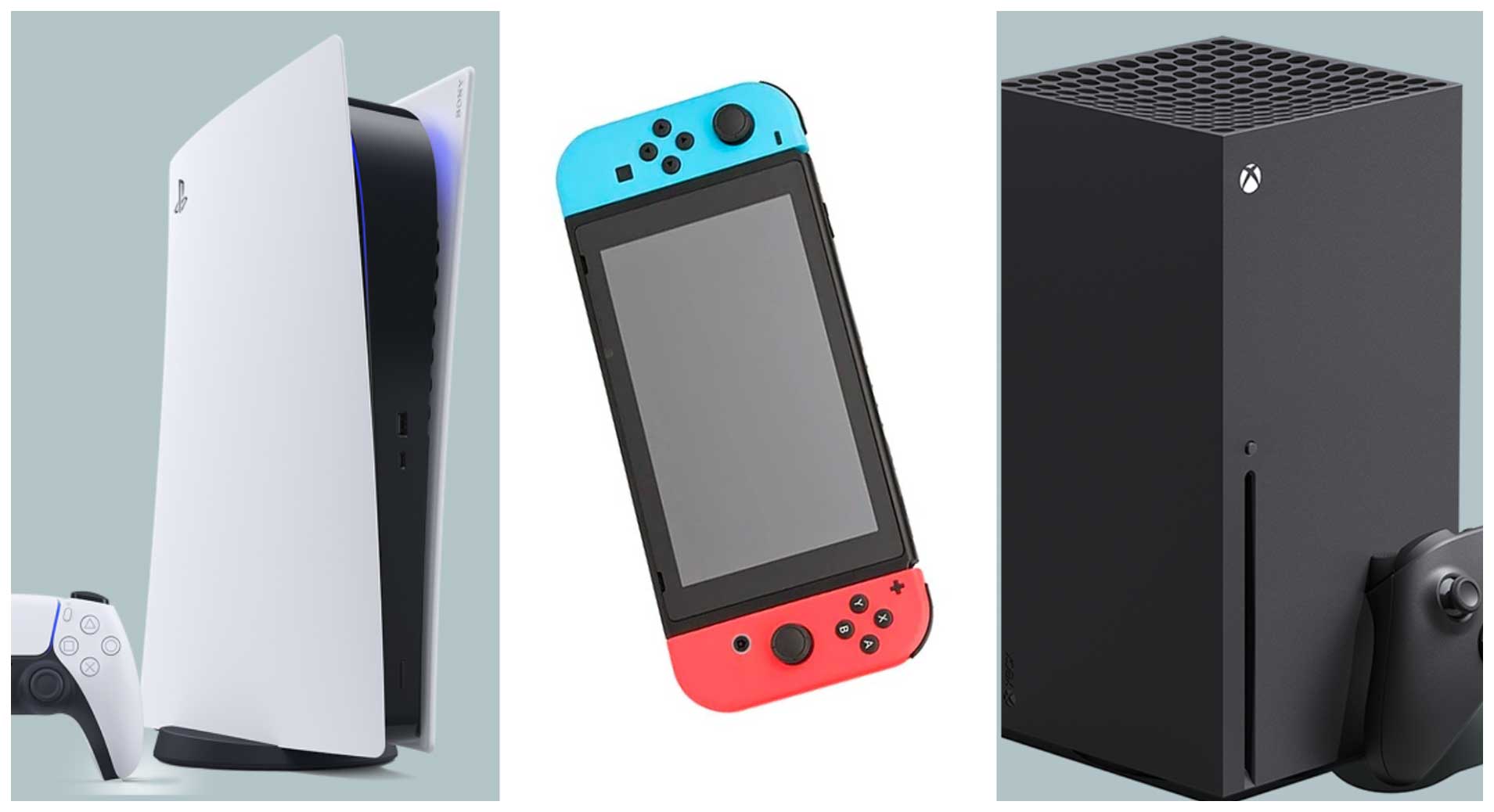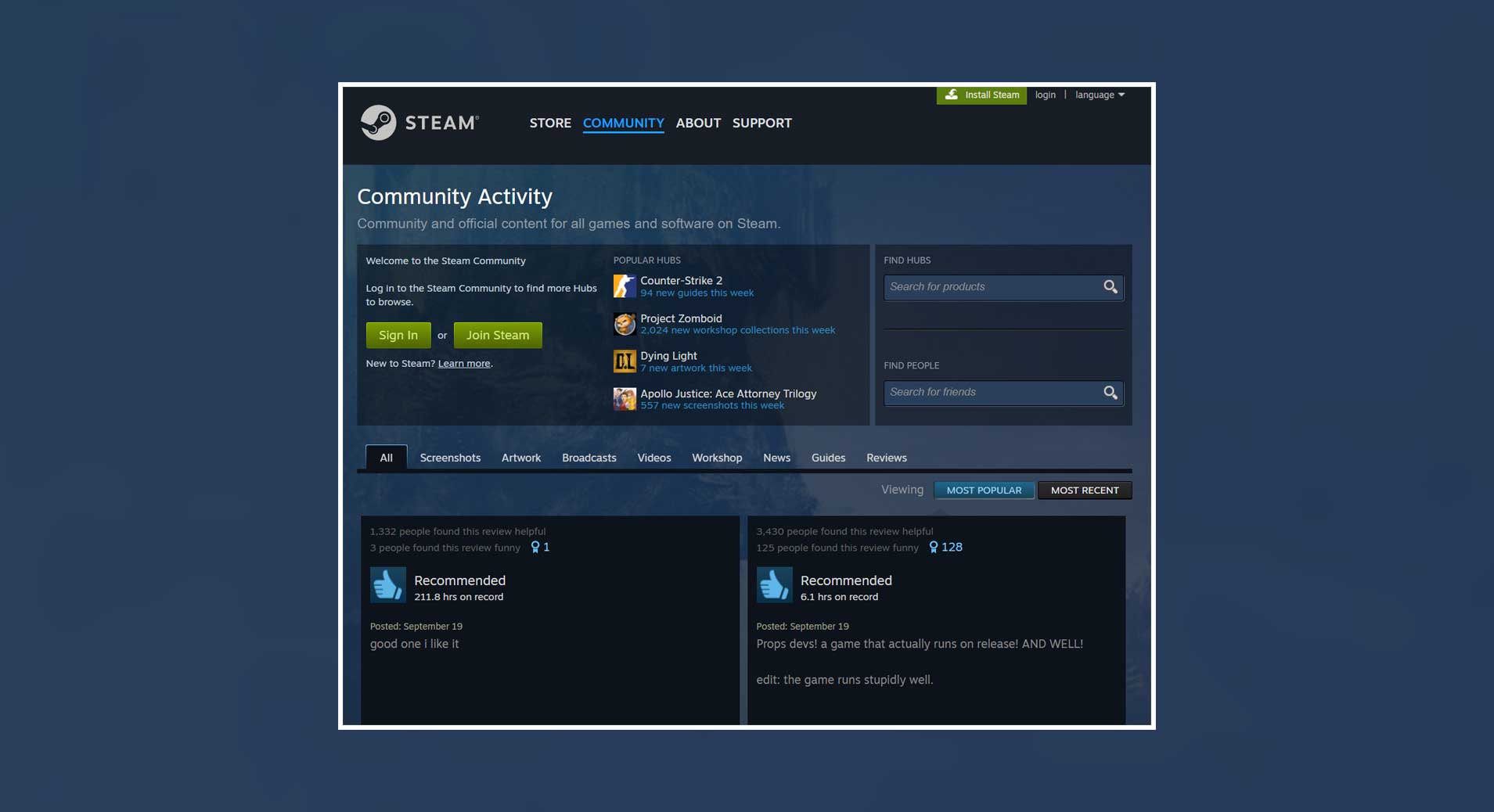PC gaming has always been perceived as the Wild West, with far more freedom than console games. But it’s facing an unprecedented challenge as console platform policies are influencing game development decisions across all platforms. This shift has been controversial, with some developers finding themselves caught between maintaining creative vision and securing console distribution deals.
The issue isn’t only the console distribution deals, but also the payment processor policies – Visa and MasterCard are having a lot to say. This pressure forces many online platforms to adhere to strict, sometimes unwritten, standards to ensure they can process payments. For example, if you check out reviews of reliable online casinos at BetMGM casino offer review, you can get a sense of the complex regulatory and compliance standards they must meet to operate.
The multi-platform dilemma

The most visible issue recently has been with the tactical shooter Ready or Not, which faced backlash when developers removed controversial school shooting scenarios from the PC version to align with console certification requirements. Fairly or unfairly, Steam users responded with review bombs, arguing that PC gaming’s historically permissive content standards were being compromised by console manufacturers’ stricter guidelines.
Similar situations have affected other high-profile releases. Mortal Kombat 1 launched with toned-down fatalities
compared to previous entries, with NetherRealm Studios citing “global platform consistency” as the reason. While the game retained its M-rating, longtime fans noted that the visceral impact that defined the series felt diluted across all platforms, not just consoles.
The horror game The Dark Pictures: Switchback VR also faced issues when Supermassive Games had to alter disturbing imagery and reduce gore effects to meet PlayStation’s VR content standards. Even though the game was designed mostly for PC VR headsets, the developers applied these changes universally. So, the question becomes, why?
The economics behind the compromise

Console markets represent massive revenue opportunities that most studios cannot afford to ignore. Ultimately, going cross-platform has large additional revenue for fairly small marginal costs, because the game has mostly been made. PlayStation, Xbox, and Nintendo collectively account for over 60% of gaming revenue, making their approval processes important for commercial success.
Developers increasingly opt for single-build approaches rather than maintaining platform-specific versions due to cost and resource constraints. Creating separate builds means additional quality assurance testing, different marketing materials, and complex update deployment strategies. For smaller independent studios, this isn’t viable, and the potential payoff of making a PC-only game is also smaller.
For very small indie games, they’re often PC-only anyway due to resource constraints. But, here, the payment
processors pose another threat, as they’re pulling out of platforms and marketplaces hosting games and themes they don’t agree with.
The PC gaming community’s response

The PC gaming community has not remained passive in the face of these changes. Beyond review bombing campaigns, players have turned to modding communities to restore censored content. Games like Devil May Cry 5 saw immediate modding efforts to reverse regional censorship, while Resident Evil remakes received community patches addressing. Steam’s community forums have become the place for these discussions, with players arguing that PC gaming’s open platform philosophy is being undermined by console manufacturers’ risk-averse policies.
But as the gaming industry becomes more centralized (in terms of its power structures) and therefore interconnected, developers must meet the maximum requirements across the board. While there will certainly be indie companies that opt for PC only releases, they face another layer of issues in the growing backlash from Visa and MasterCard.

